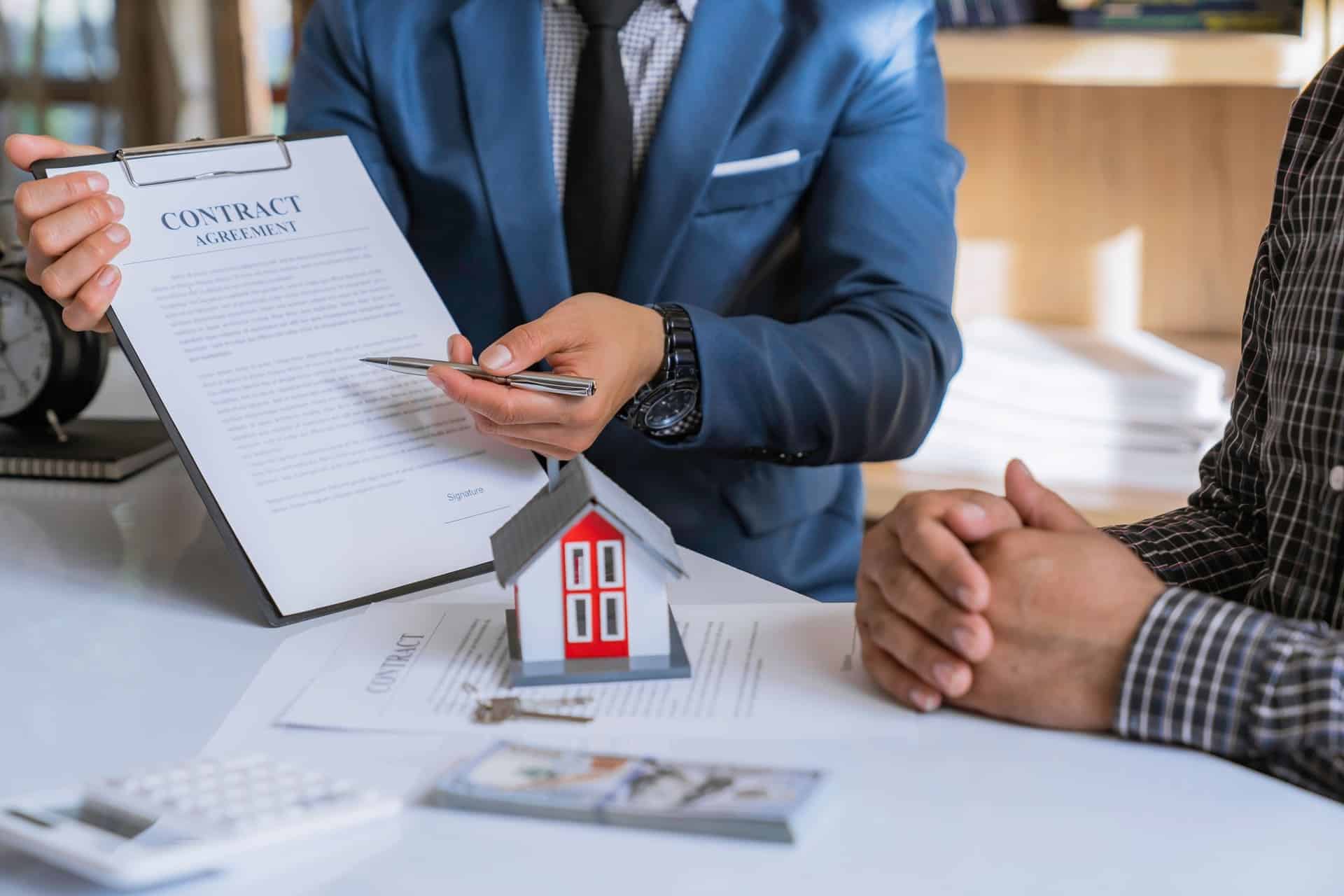Let’s delve into essential strategies and expert tips to help you negotiate like a pro when purchasing property in Panama. From understanding what aspects of a deal are negotiable to honing your skills in negotiating house prices, we’ve got you covered. With 11 expert tips tailored specifically for navigating Panama’s real estate landscape, you’ll gain the confidence and know-how needed to secure the best possible deal. Whether you’re a first-time buyer or a seasoned investor, mastering negotiation techniques is key to success in Panama’s dynamic property market. So, let’s dive in and uncover the secrets to negotiation prowess in the world of Panamanian real estate!

9 Tips for Negotiating Like a Pro in Panama’s Real Estate Market
If you want to succeed in real estate, you’ll need to learn how to negotiate well. To kickstart your journey toward real estate negotiation, here are 11 expert tips for negotiating effectively in Panama’s real estate market:
- Conduct Thorough Research: Equip yourself with comprehensive information before entering negotiations. Familiarize yourself with the property, the local real estate market, the sellers, and their representatives. A well-informed approach enhances your negotiation readiness, instilling confidence in your discussions.
- Maintain Emotional Composure and Optimism: Keeping a composed and positive demeanor strengthens your negotiation stance. Detaching emotions from the process enables you to evaluate circumstances impartially, relying on logic and evidence to guide your decisions.
- Find the Seller’s Needs and Fill Them: Understanding the non-financial requirements of a seller can provide a significant leverage in real estate negotiations.
- Demonstrate Courtesy, Friendliness, and Politeness: This principle holds significance not only in real estate negotiations but in life overall. Cultivating a warm and approachable demeanor fosters an environment where the seller feels at ease, reducing defensiveness and promoting open communication.
- Begin with Fair Market Value Rather Than the Asking Price: Sellers often set ambitious asking prices for their properties. However, these figures may not always align with market realities. Consult with an experienced local real estate agent to conduct a comparative property analysis for the desired property.
- Use Affirming Language: Utilize language that expresses admiration, respect, and acknowledgment of the other party’s perspectives and emotions. Employing affirmative language ensures the other party feels valued, validated, and respected, reaffirming their autonomy and fostering mutual understanding.
- Always Negotiate Face-To-Face: Negotiating over text or email simply isn’t the same as talking face-to-face. Meeting in person (or even virtually) enables you to read a person’s gestures, expressions, and body language. Smiles, laughs, and handshakes all help to create a positive rapport between the parties that can’t be duplicated in any other way. Additionally, when meeting face-to-face, the other side doesn’t have time to think or rework their offers.
- View the Transaction as Win/Win: Viewing the real estate transaction as a win/win scenario fosters cooperation and avoids animosity. Both the buyer’s and seller’s needs can be met through mutual satisfaction — the buyer desires a new home, while the seller aims to sell one. Ensuring both parties achieve their objectives makes the negotiation process more pleasant and productive.
- Always Have a Backup Plan: Negotiations can be unpredictable and turn sour very quickly, which is why it’s important to have a backup plan. Having a solid backup plan will enable you to walk away when you can’t get the deal you want.

What You Can Negotiate When Buying Real Estate
Understanding what aspects can be negotiated in real estate and collaborating with an agent is important, they will guide the process, ensuring your best interests are represented. Below are some of the typically negotiable aspects when purchasing real estate in Panama.
- Price
Negotiating the price may appear straightforward, yet it’s often the initial focus of many realtors representing their clients. Sellers aim for the highest price, while buyers seek to pay the least. Consequently, initial offers from both sides typically lean towards higher or lower prices, reflecting their respective stances, before reaching a negotiated price somewhere in between.
- Closing Date
While certain aspects of the closing timeline are influenced by banks and real estate attorneys, sellers often view offers favorably if they accelerate the process. Offering to expedite the closing date may prompt sellers to consider concessions on price or other terms, depending on their eagerness to finalize the deal.
- Closing Cost
In Panama, each party is responsible for their own closing costs. For example, sellers typically pay their attorney fees for reviewing the buy/sell contract, while buyers handle expenses like contract drafting, title searches, and title transfers. Nevertheless, there are cases where buyers and sellers agree on different arrangements, such as one party assuming all closing costs. Ultimately, these terms are determined through negotiation between the buyer and seller.
- Home Repairs
Typically, buyers hold the advantage in repair negotiations. As the purchaser, who will likely inhabit the property, it’s essential to engage an inspector and conduct a pre-inspection walkthrough. This process uncovers potential issues necessitating future repairs, which buyers should factor into negotiations with the seller. Alternatively, buyers can negotiate for the seller to address these issues before proceeding.
- Appliances
When listing a property for sale, the seller might opt to include certain fixtures or built-in appliances like the refrigerator, washer, dryer, microwave, and stove. As a seller, you may choose to offer some of these appliances as part of the sale while keeping others for negotiation. If you’re on the buying end, it’s advisable to assess the quality of these appliances. Conducting research on their specifications and performance can be beneficial when bargaining for their worth.
How to Negotiate a House Price
Collaborating with a knowledgeable real estate agent is an important strategy to negotiate prices. It’s essential to find someone with whom you feel comfortable and who possesses in-depth knowledge of the local market. Having a professional real estate agent by your side can greatly assist you throughout the entire home-buying process. Your agent will be well-versed in recent selling prices of homes in the area, adept at handling legal paperwork, and act as a mediator between you and the property seller. Determining the appropriate offer amount for a house is a decision that should be made in close consultation with your agent. Real Estate Agents can assess whether a home’s asking price aligns with market norms and suggest an offer likely to be taken seriously by a seller. They are also well-informed about what is feasible or unrealistic given prevailing market conditions.
A home inspection holds significant importance in negotiations over home prices. Engaging a professional inspector to assess the property entails inspecting major systems like plumbing and electrical, as well as evaluating the condition of the roof, windows, foundation, and other elements. If the inspection report reveals the necessity for substantial repairs, you can leverage this information during negotiations. Your agent can propose that the seller handles the repairs before closing or negotiate a reduced price to account for the repair costs. The exact amount to negotiate depends largely on local market dynamics and the seller’s situation. In hyper-competitive markets where listings receive multiple offers daily, understanding the potential gains and losses is vital. Your agent will maintain communication with the seller’s agent to gain insights into the seller’s preferences and requirements.
Conclusion
In conclusion, mastering negotiation skills is essential for anyone navigating Panama’s real estate market. With our comprehensive guide, including 11 expert tips and insights into what aspects of a deal are negotiable, you’re equipped to secure the best possible deal. Whether you’re negotiating house prices or other terms, understanding the nuances of negotiation in Panama is crucial. Whether you’re a seasoned investor or a first-time buyer, these strategies will empower you to negotiate like a pro and achieve your real estate goals in this dynamic market. So, armed with knowledge and confidence, go forth and negotiate with success in Panama!






